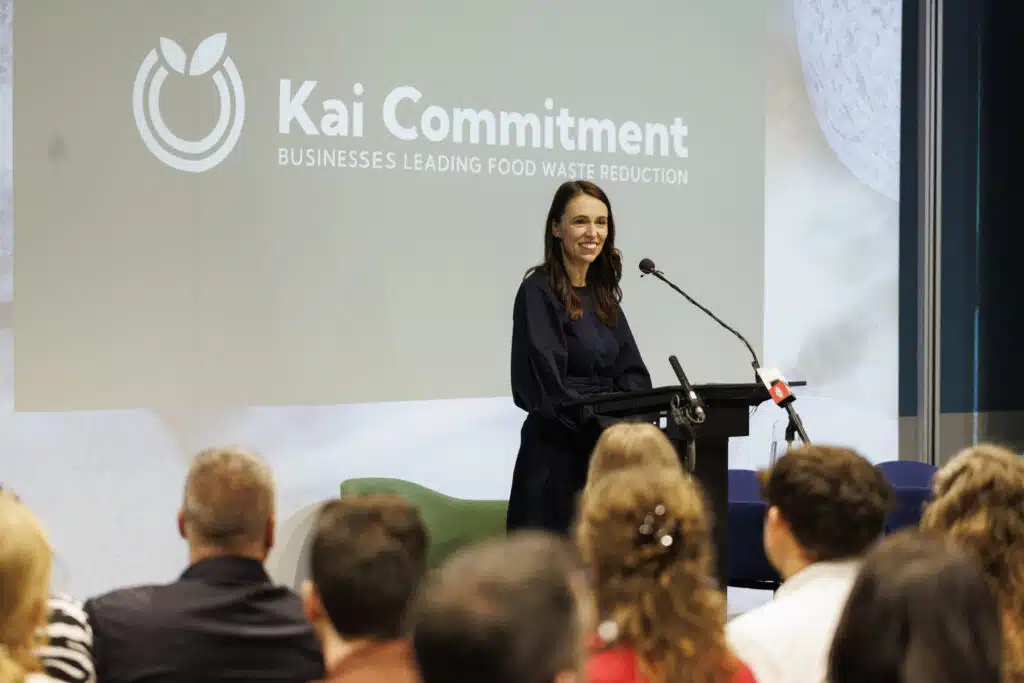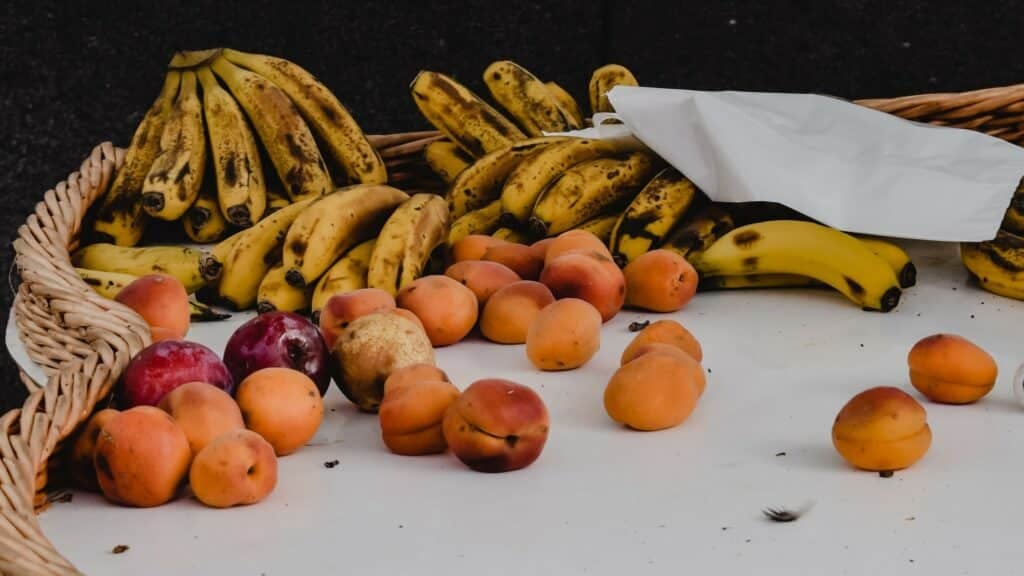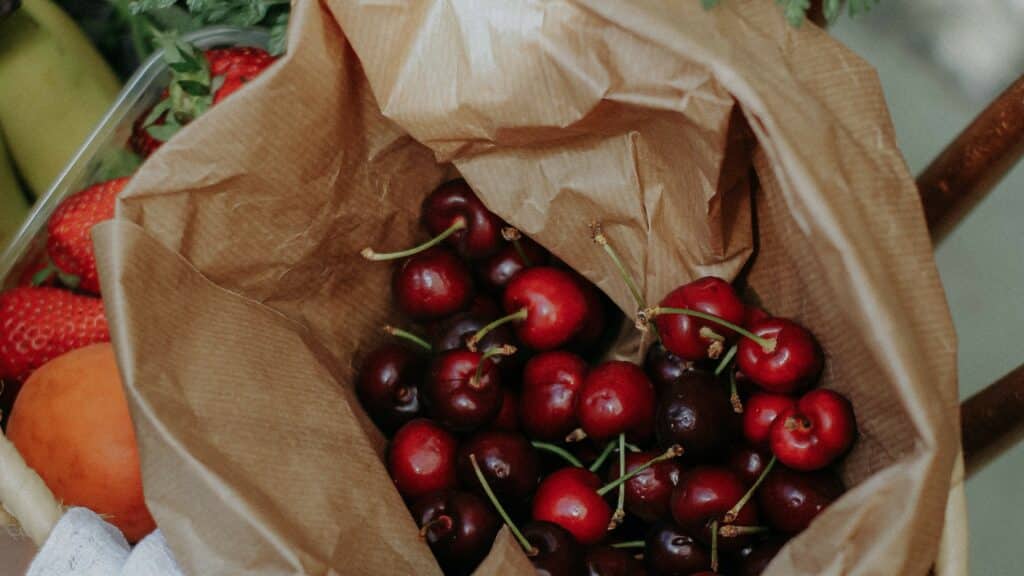“As New Zealanders, we would hate to know how much [food] waste there is so this is about fundamentally reversing something that just does not sit within New Zealand culture.”
Former Prime Minister, Rt Hon Jacinda Ardern – speaking at the launch of Kai Commitment
One third of food produced globally is wasted. This is equivalent to 1.3 billion tonnes of food that is never eaten. When food is thrown away, it can produce harmful emissions in landfill. It also wastes the energy, fuel and dollars that went into producing it in the first place.
And the wasteful situation within industry is mirrored at home. In New Zealand, 157,398 tonnes of edible food are thrown into household bins each year. This typically ends up in landfill and can produce approximately 409,234 tonnes of carbon-equivalent emissions annually.
Our attitude to food has become unnecessarily disposable and in considering the statistics it’s unsurprising then that reducing food waste has been ranked as the third best global solution in addressing climate change. This is a powerful motivator for action and the greatest gains in reducing food waste start with addressing industry systems.

Having researched international responses to the problem, New Zealand Food Waste Champions 12.3 Charitable Trust (NZFWC 12.3) was launched in March 2020 with the ambition of radically reducing food waste and the associated environmental impacts. Kai Commitment is a voluntary agreement between leading food business in Aotearoa who have committed to measuring and reducing their food waste and associated emissions. It is the start of something big and a sign that businesses are seeking to tackle the issue proactively.
It was the opportunity to catalyse a system change in the way we manage and measure food waste that inspired Whakatupu Aotearoa Foundation to back NZFWC 12.3 and the Kai Commitment. The impact on the climate is clear – food waste is a big problem that can be solved through achievable actions. The road leading up to Kai Commitment has required broad and sophisticated discussion. Ultimately, everyone wants to do the right thing but it has been difficult to know where to start.
NZFWC is to be the independent convenor of a national, co-designed and industry-led agreement using internationally proven framework where food businesses will:
- Set common food waste target(s);
- Measure and record food waste data; and
- Take action to extend their food waste reduction initiatives above business as usual.
- Collaborate on food waste reduction across the supply chain.
Kaitlin Dawson is leading the initiative at NZFWC with support from Miranda Mirosa, Director of the University of Otago Food Waste Innovation Research Theme, and Deborah Manning, Founder of Kiwi Harvest and NZ Food Network. Both are NZFWC 12.3 Board Members.
Kaitlin brings a long-standing passion for reducing waste and believes the success of Kai Commitment will come from teamwork. “Food waste is a design flaw, it occurs at every stage in the process which is why collaboration from across the sector is not only desired, but also necessary. The programme and vision we have for a future where collaboration is the norm, will mend the breakdowns from farm to fork. We are confident that if food waste can be designed in, it can be designed out and will achieve environmental and economic value.”
The Kai Commitment will support the individual food waste reduction actions of each signatory, encourage collaboration and innovation, and evolve into a community of best practice to build sector capability. The launch of Kai commitment occurred in November 2022 at signatory Fonterra’s Auckland office. Goodman Fielder, Countdown, Silver Fern Farms, Foodstuffs, AS Wilcox and Nestle were also in attendance as committed business, and New Zealand’s then Prime Minister Rt Hon Jacinda Ardern gave the main address. Kai Commitment is off to a solid start in helping NZFWC 12.3 achieve their goal of halving food waste in Aotearoa by 2030.
The vision of NZ Food Waste Champions 12.3 (NZFWC 12.3) is He Taonga Te Kai – an Aotearoa where food is valued, not wasted. Their mission is to progress SDG Target 12.3, to end food loss and waste across the New Zealand food system.

